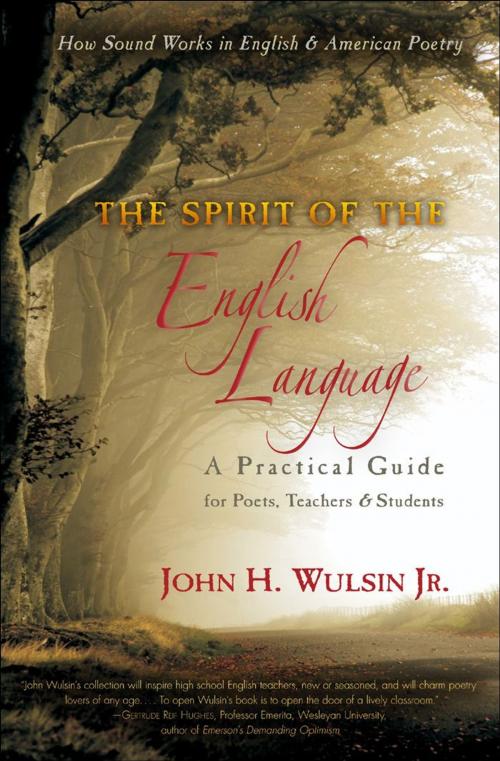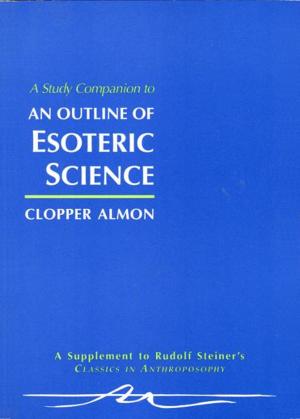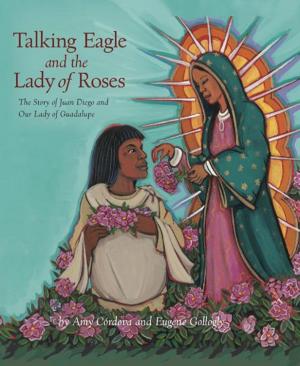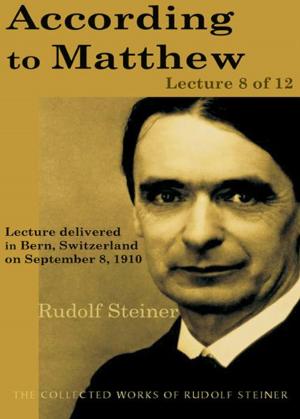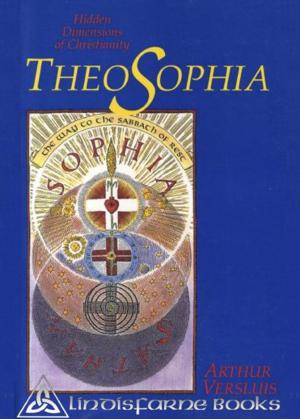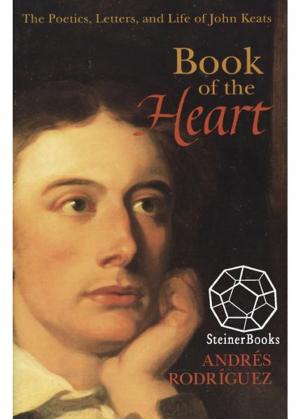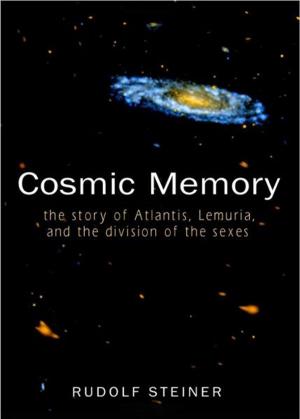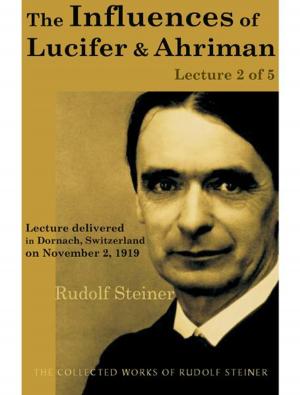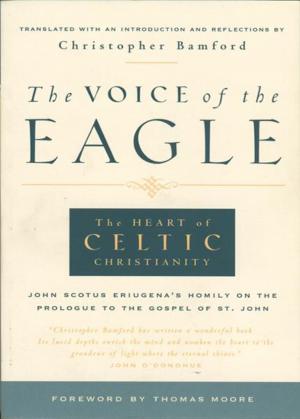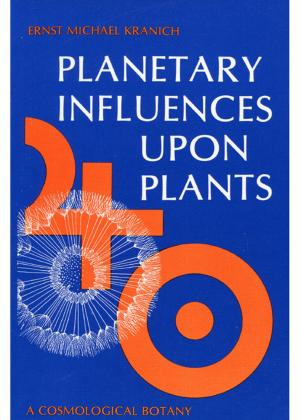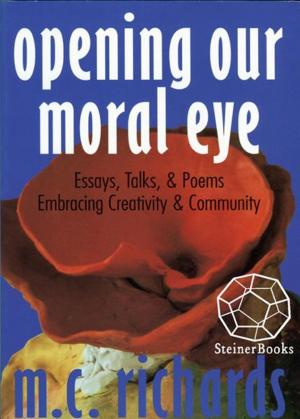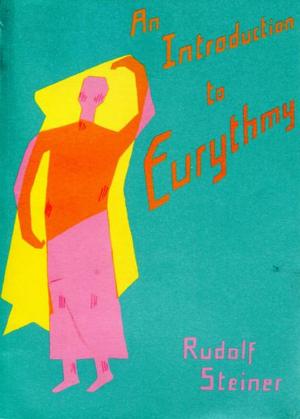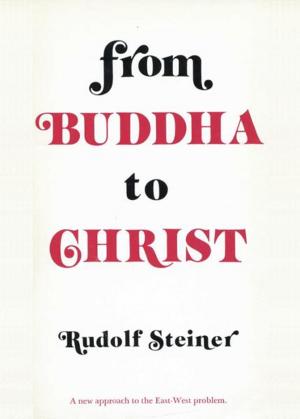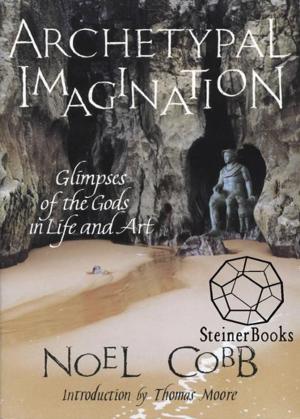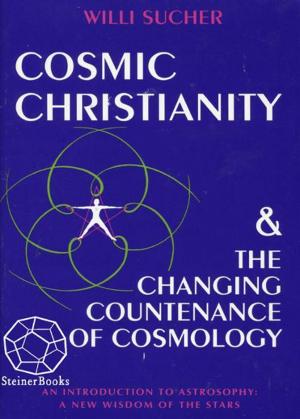Spirit of the English Language
Nonfiction, Reference & Language, Education & Teaching, Teaching, Language Experience Approach| Author: | John H. Wulsin Jr. | ISBN: | 9781584204626 |
| Publisher: | SteinerBooks | Publication: | October 1, 2008 |
| Imprint: | Lindisfarne | Language: | English |
| Author: | John H. Wulsin Jr. |
| ISBN: | 9781584204626 |
| Publisher: | SteinerBooks |
| Publication: | October 1, 2008 |
| Imprint: | Lindisfarne |
| Language: | English |
John Wulsin approaches the English language not as a conventional linguist, but as a poet interested in the spirit and evolution of our language. To show how sound works in English and American poetry, the author traces the many changes, both subtle and radical, in how English has sounded over the past thirteen centuries, while also showing how those changes are related to the evolution of human consciousness in Western, English-speaking peoples. The Spirit of the English Language is never dry but filled with the textures of the lives and works of the great English-language poets. Wulsin describes the evolving activity of poetry in the biography of each poet, beginning with the Old AngloSaxon in Beowulf and the later works of Chaucer, and following the spirit of the English language through to the nineteenth centurys primal/modern language of Gerard Manley Hopkins and Dickinsons diamond-distilled language. Along the way, we discover how the very sounds of English have changed the ways in which not only poets think and express themselves, but, more important, how sound works and changes our human consciousness. The author also discusses specifically how, in teaching poetics, stages of the developing English language quicken corresponding stages of thinking in maturing adolescents.
John Wulsin approaches the English language not as a conventional linguist, but as a poet interested in the spirit and evolution of our language. To show how sound works in English and American poetry, the author traces the many changes, both subtle and radical, in how English has sounded over the past thirteen centuries, while also showing how those changes are related to the evolution of human consciousness in Western, English-speaking peoples. The Spirit of the English Language is never dry but filled with the textures of the lives and works of the great English-language poets. Wulsin describes the evolving activity of poetry in the biography of each poet, beginning with the Old AngloSaxon in Beowulf and the later works of Chaucer, and following the spirit of the English language through to the nineteenth centurys primal/modern language of Gerard Manley Hopkins and Dickinsons diamond-distilled language. Along the way, we discover how the very sounds of English have changed the ways in which not only poets think and express themselves, but, more important, how sound works and changes our human consciousness. The author also discusses specifically how, in teaching poetics, stages of the developing English language quicken corresponding stages of thinking in maturing adolescents.
